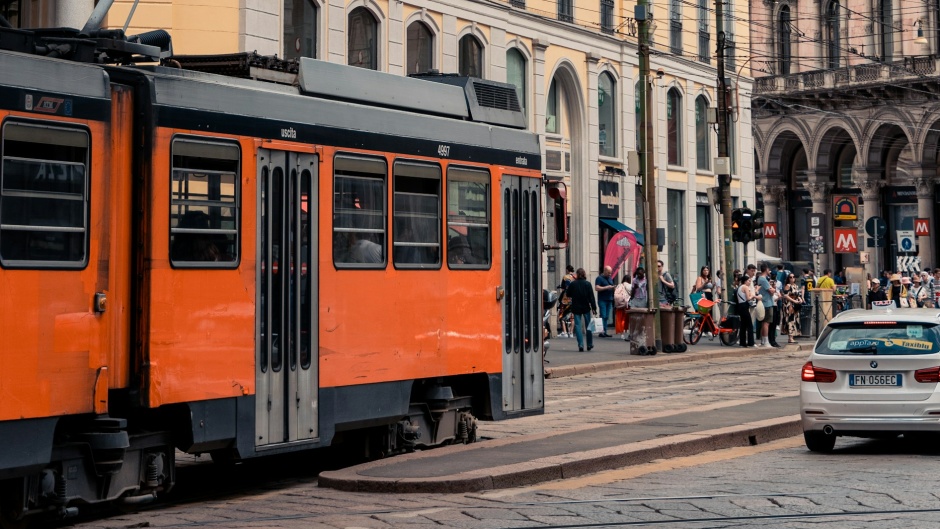Italy needs a modern religious freedom law and less obstacles for non-Catholic church ministers
At the United Nations Human Rights Council, the World Evangelical Alliance points out the obsolete procedures through which religious minorities must relate to the State.
GENEVA · 30 JULY 2024 · 10:10 CET

Italy heard at the 48th Universal Periodic Review (UPR) session, on 16 July, that it must work on a new religious freedom law that reflects the real diversity of the country.
In a joint report presented to the Human Rights Council of the United Nations, in Geneva, the World Evangelical Alliance, the European Evangelical Alliance, and the Italian Evangelical Alliance, addressed the outdated nature of the procedures through which faith minorities such as the evangelical churches have to relate to the state.
“The only national laws on freedom of religion or belief (FoRB) were passed in the fascist period (1929-1931)”, they said. The Italian Constitutional Court has since dismantled some elements of these one century old laws, but “in recent decades, all attempts between the government and representatives of religious communities to approve a new law on Freedom of Religion or Belief have failed”, they say.
Discrimination, obstacles to the opening of new churches
The lack of a law protecting freedom of religion or belief “affects Italian society as a whole and is allowing religious discrimination in several social contexts: places of worship, recognition of religious officials, assistance in hospitals, chaplaincy, public broadcasting, etc”.
An example of this is the case of the evangelical church in Rome that is appealing to the European courts after being forced to pay taxes as if they were a business.
“Inaugurating places of worship and keeping existing ones open remains increasingly difficult due to the unfair nature of the zoning regulations avowedly created to impede the opening of new places of worship”, says the report submitted to the UPR. In regions like Lombardy, Veneto and Liguria, new regulations have not only affected the liberties of Islamic communities but also those of evangelical ones.
“Dozens of evangelical Christian places of worship have been closed up to this point”, continues the report, leading to the need of clear and fair laws in Italy to make sure that religious freedoms are not restricted.
Non-recognised pastors
In the last years, “independent churches and small denominations have found it extremely difficult to see their ministers recognized by the State”, describes the report. “The procedure for recognition is slow and in most cases unsuccessful. The threshold to obtain the recognition has become even more difficult: since 2012, the Council of State (Consiglio di Stato), which is a legal-administrative consultative body, has recommended that a community is comprised of a minimum of 500 members in order for its pastor to be accredited”.
The consequences of this legal hurdles are very practical, since “non-recognized pastors will not be able to carry out certain activities such as celebrating marriages or visiting prisoners and sick people in hospitals. Their churches remain unregistered”.
Finally, the report presented to the United Nations Human Rights Council laments that less than 10% of non-Catholic faith groups in Italy have and agreement (intese in Italian) with the State. The statistics show that the new agreements are decreasing. “Considering that Italian society is increasingly multi-confessional, one would expect an increase in the number of concluded agreements rather than the decrease reported in the last three five-year periods”, the report concludes.
Read the full report on Italy of the AEI, EEA and WEA at the 48th session of the UPR at the UNHRC here.
One more year
Learn all about our #OneMoreYearEF campaign here (English).
Published in: Evangelical Focus - europe - Italy needs a modern religious freedom law and less obstacles for non-Catholic church ministers
